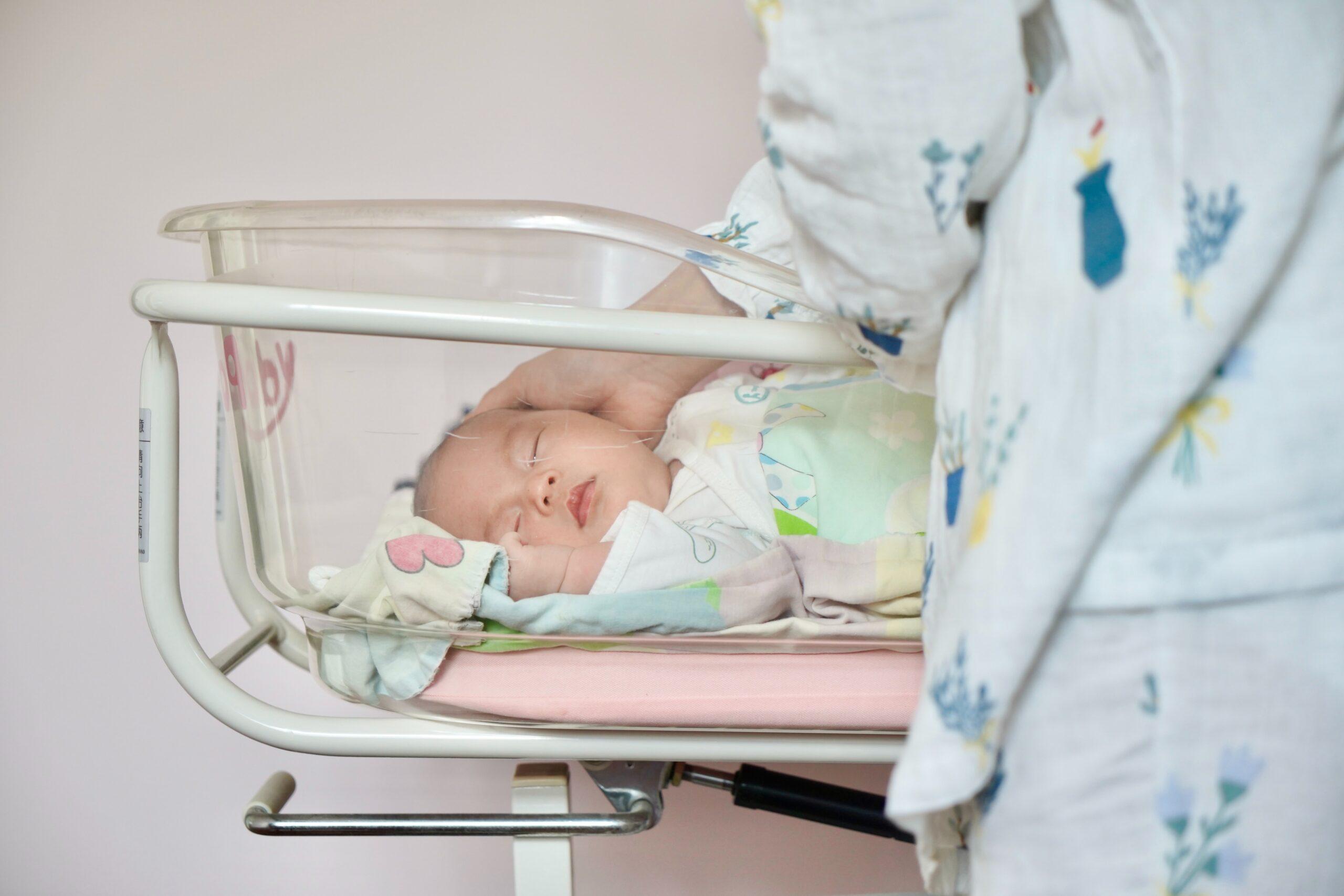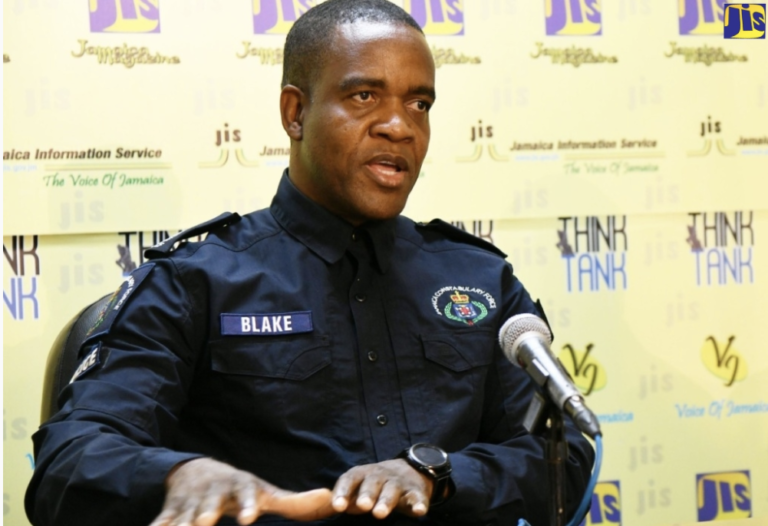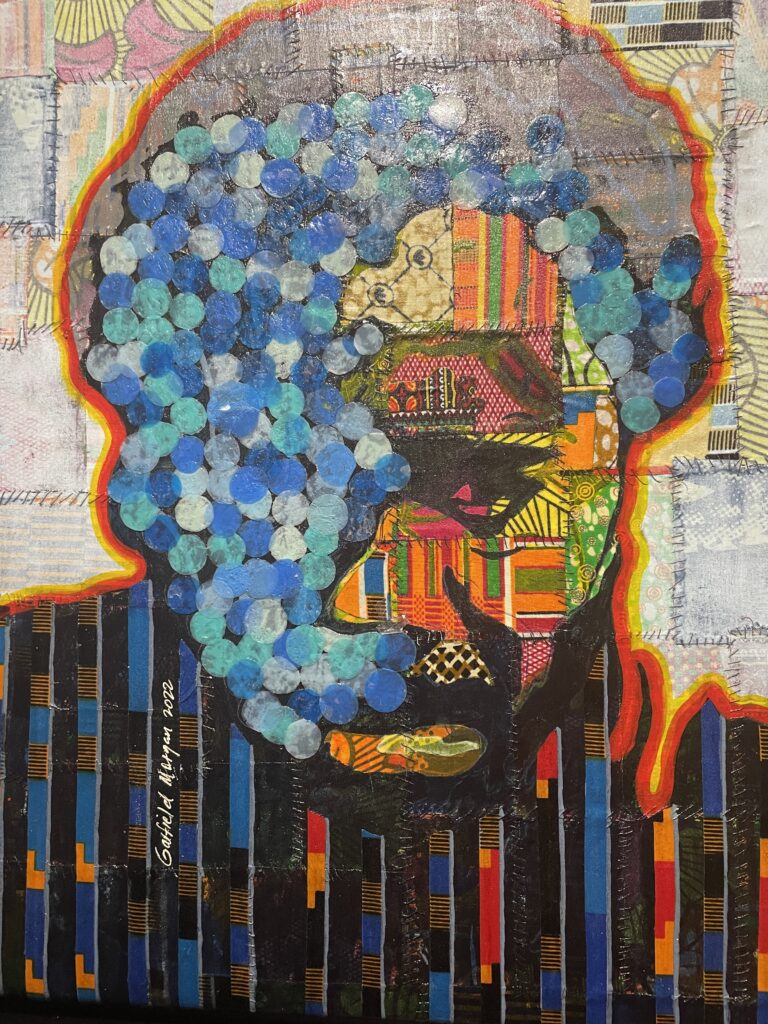CDC recommends new tool to protect infants from hospitalization

The CDC is recommending a new immunization starting this fall to help protect all infants under eight months, and some older babies, at increased risk of severe illness caused by respiratory syncytial virus (RSV). CDC director Mandy Cohen, MD, MPH, adopted the CDC Advisory Committee on Immunization Practices’ (ACIP) recommendation for the use of nirsevimab, trade name BeyfortusTM, a long-acting monoclonal antibody product, which has been shown to reduce the risk of both hospitalizations and healthcare visits for RSV in infants by about 80 per cent.
Antibodies are part of the immune system and fights infections. Monoclonal antibodies are man-made proteins that mimic the antibodies that our bodies naturally produce. Making this immunization available means that babies will be able to receive antibodies to prevent severe RSV disease, providing a critical tool to protect against a virus that is the leading cause of hospitalization among infants in the US.
RSV is one of the most common causes of childhood respiratory illness and results in annual outbreaks of respiratory illnesses in all age groups. An estimated 58,000 to 80,000 children under five years of age, most of them infants, are hospitalized each year, nationwide, due to RSV infection, with some requiring oxygen, intravenous (IV) fluids, or mechanical ventilation (a machine to help with breathing). Each year, an estimated 100 to 300 children younger than five years of age die due to RSV.
“This new RSV immunization provides parents with a powerful tool to protect their children against the threat of RSV,” said Dr Cohen. “RSV is the leading cause of hospitalizations for infants and older babies at higher risk and today we have taken an important step to make this life saving product available”. CDC recommends one dose of nirsevimab for all infants younger than eight months, born during – or entering – their first RSV season (typically fall through spring). For a small group of children between the ages of 8 and 19 months who are at increased risk of severe RSV disease, such as children who are severely immunocompromised, a dose is recommended in their second season. Nirsevimab, which was approved last month by the US Food and Drug Administration (FDA), is administered as an injection and provides infants and toddlers with antibodies to protect against severe RSV illness. It provides critical protection during a baby’s first RSV season, when they’re most at risk for severe illness.
The CDC is currently working to make nirsevimab available through the Vaccines for Children programme. Healthcare providers will be a key partner in CDC’s outreach efforts. Additional clinical guidance and healthcare provider education material will be provided by CDC in the coming months.
“As we head into respiratory virus season this fall, it’s important to use these new tools available to help prevent severe RSV illness,” said Cohen. “I encourage parents of infants to talk to their pediatricians about this new immunization and the importance of preventing severe RSV.”






